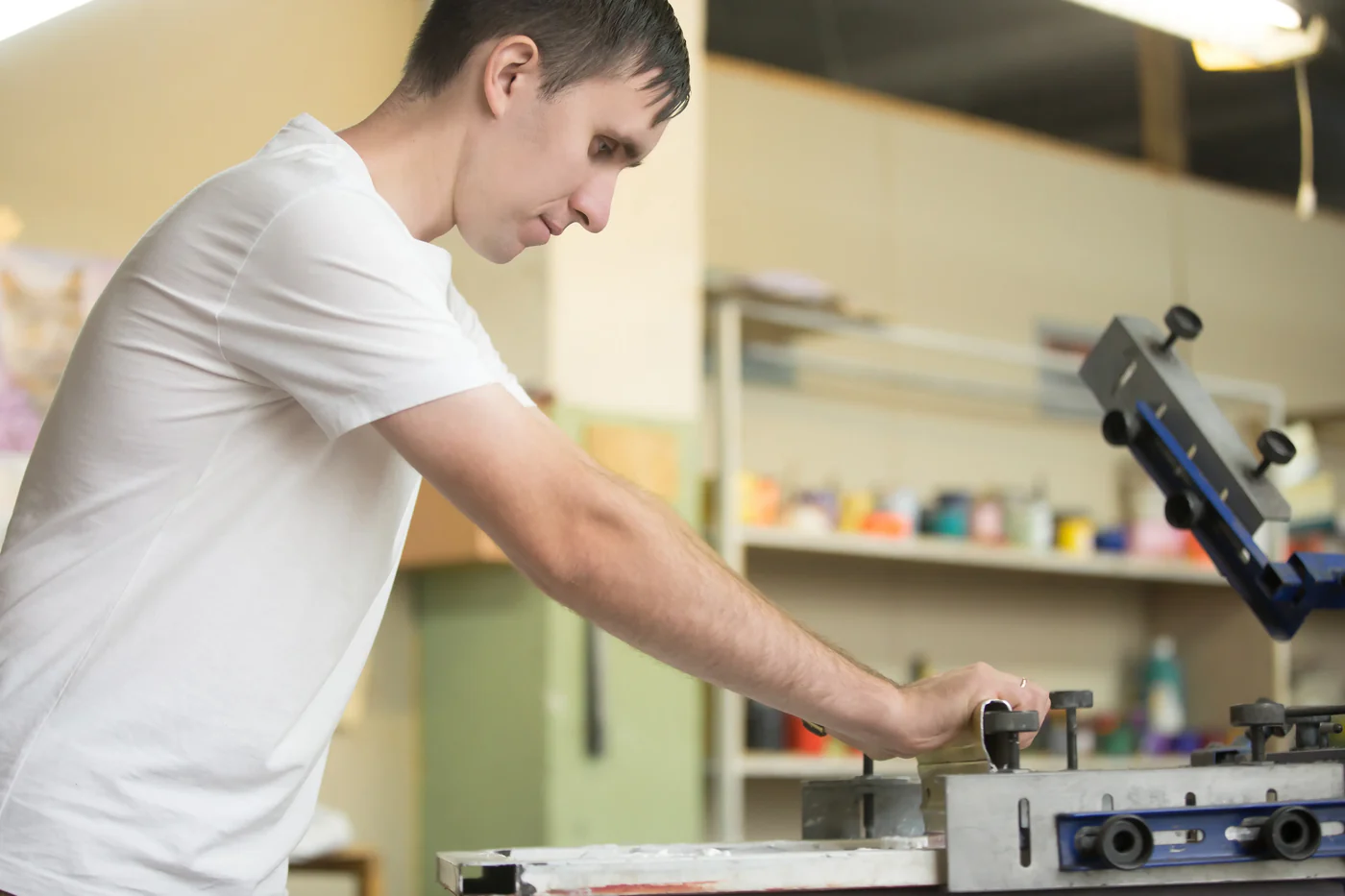Running a small apparel business comes with its own set of unique challenges, including the need for effective printing solutions. Whether you’re printing invoices, tags for clothing, marketing materials, or custom designs for apparel, having the right printing supplies is crucial. In this guide, we’ll explore the key printing essentials that every small apparel business should consider to keep operations running smoothly and efficiently.
1. The Importance of Reliable Printing Tools
Printing is an essential function for many apparel businesses, whether you’re creating product labels, tags, marketing materials, or even personalized designs for custom merchandise. Reliable printing equipment ensures you can produce high-quality prints on demand, which is essential for maintaining a professional image and staying productive. Having dependable printing tools can save you time, reduce downtime, and help maintain smooth operations as you scale your business.
2. Key Printing Equipment and Supplies
To create an efficient and professional printing setup, your apparel business will need a combination of hardware, consumables, and specialized tools. Here are the essential items to consider:
a) Printers
The right printer is the cornerstone of your printing operations. For small apparel businesses, a direct-to-garment (DTG) printer or screen printing equipment may be essential if you plan to print custom designs on t-shirts, hoodies, or other apparel. However, if you’re printing labels, tags, or marketing materials, a laser printer for high-quality text prints or an inkjet printer for vibrant color output may be sufficient. Here’s a breakdown of printer types:
- DTG Printers: Best for printing detailed, full-color designs directly onto clothing. Ideal for small batches or one-off prints.
- Screen Printers: Ideal for bulk orders of designs that don’t require fine details. This method is popular for larger orders of custom apparel.
- Laser Printers: Great for printing invoices, price tags, or business documents that require crisp, black-and-white text.
- Inkjet Printers: Best for printing full-color marketing materials, including flyers, posters, and catalogs.
b) Printing Consumables
Your printers will need specific consumables to keep them running effectively. Be sure to stock up on these critical supplies:
- Ink and Toner Cartridges: Always have backup ink or toner to avoid interruptions in production. If using a DTG printer, you’ll need fabric-specific inks to ensure your designs are vibrant and durable.
- Transfer Paper: If you’re using heat transfer methods to create custom designs for apparel, high-quality transfer paper is essential for crisp, long-lasting prints.
- Paper and Vinyl: For labels, tags, and marketing materials, stock a variety of papers. Consider using vinyl sheets for printing stickers or decals that can be applied to clothing or packaging.
- Label Paper: Essential for creating branded tags, product labels, or shipping labels. Make sure to choose durable, high-quality paper that can withstand the rigors of packaging and shipping.
c) Supporting Equipment
In addition to the main printer, small apparel businesses can benefit from various supporting equipment that improves printing efficiency and quality:
- Heat Press: If you’re using heat transfer printing for custom t-shirts or apparel, a reliable heat press is necessary for transferring designs onto garments.
- Cutting Machines: For businesses using vinyl printing, cutting machines like Silhouette or Cricut can precisely cut out designs, logos, or lettering from heat transfer vinyl.
- Laminators: Laminators can protect important documents such as care instructions, product brochures, and marketing materials, ensuring they remain in pristine condition.
- Binding Machines: If you create product catalogs or offer lookbooks, binding machines can help produce professional-quality booklets.
The right combination of printing equipment and supplies is essential for running a smooth and efficient printing operation in your apparel business. From high-quality printers and consumables to supporting equipment, each element plays a key role in creating professional products and ensuring your business runs efficiently.
3. Tips for Managing Printing Costs
Printing can quickly become an expensive part of your apparel business, but there are ways to manage and reduce costs:
- Monitor Usage: Track printing volumes and waste to identify where efficiencies can be made. If your printer has built-in software, use it to monitor usage and adjust your printing habits to reduce unnecessary prints.
- Buy in Bulk: Purchasing consumables like ink, toner, transfer paper, and labels in bulk can significantly reduce the cost per unit. Additionally, buying apparel-specific inks or heat transfer vinyl in bulk can lower your overall production expenses.
- Outsource When Necessary: While it’s great to have in-house printing for smaller orders, outsourcing to a professional printing service for larger, specialized orders (such as screen printing on t-shirts) may be more cost-effective than handling everything yourself.
- Energy Efficiency: Choose energy-efficient printers to reduce power consumption. Additionally, opting for printers with duplex (double-sided) printing can save on paper costs and reduce waste.
4. Benefits of Optimized Printing for Small Apparel Businesses
Optimizing your printing setup isn’t just about efficiency—it’s also about elevating your brand and presenting a polished image. High-quality prints on your clothing labels, product tags, and marketing materials help establish a professional look for your business and boost customer confidence. Furthermore, efficient printing practices save you time and money, enabling you to reinvest resources into growing your brand and expanding your product line.
Whether you’re printing labels, creating promotional materials, or customizing apparel for clients, the right printing equipment and supplies will ensure you’re prepared to handle the demands of your business.
Conclusion
For small apparel businesses, having the right printing supplies is critical to maintaining high-quality products and professional operations. From reliable printers and consumables to supporting equipment like heat presses and cutting machines, every component plays a key role in your ability to create custom apparel and stay organized. By optimizing your printing setup, you’ll save time, reduce costs, and enhance your business’s reputation—allowing you to focus on what really matters: growing your apparel brand.
Keep an eye for more news & updates on Bangkok Tribune!


